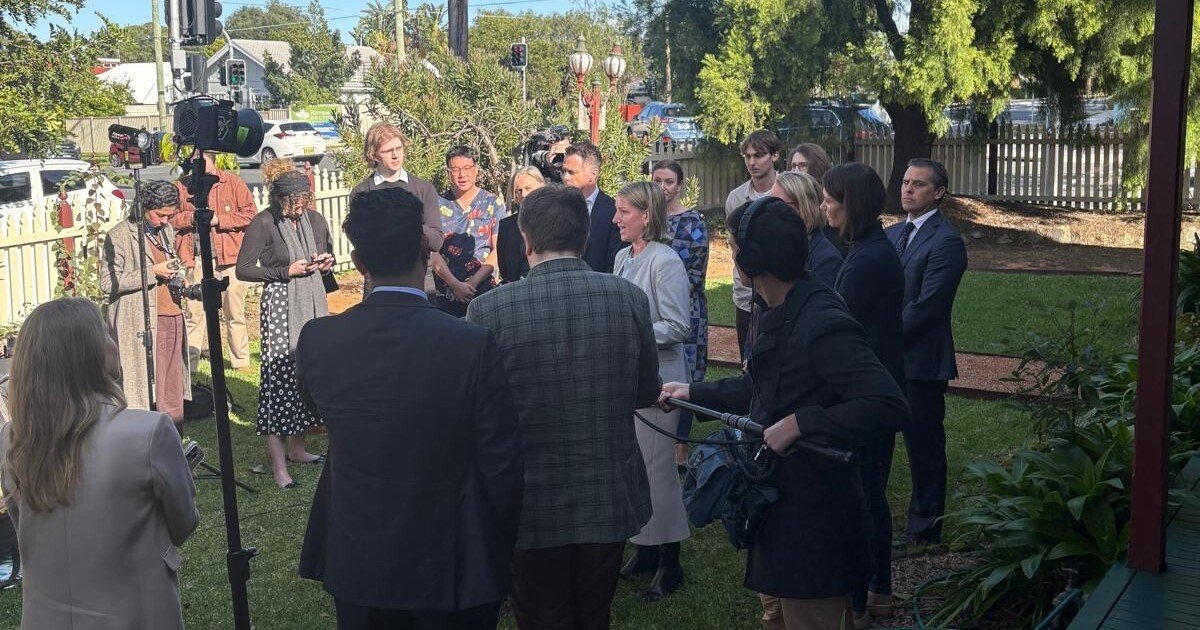The New South Wales (NSW) Government has announced reforms to increase access to ADHD diagnosis and treatment by enabling General Practitioners (GPs) to take a more active role in managing the condition. This initiative aims to make ADHD care more affordable and accessible for residents of NSW.
Under the new policies, GPs will be authorized to prescribe ADHD medication for children and adults who are stable on their current doses without needing a formal arrangement with a specialist. Additionally, a select group of specially trained GPs will be able to diagnose ADHD and initiate treatment when necessary. Health Minister Ryan Park described this as a transformative change in ADHD management within the state.
Currently, patients seeking ADHD diagnoses or medication often face long wait times and high out-of-pocket costs associated with specialist visits. The reform responds to these challenges by allowing GPs, who are already familiar with their patients’ medical histories, to handle ADHD care, thus reducing both the time and financial burden on families.
Dr. Rebekah Hoffman, Chair of the RACGP NSW&ACT, highlighted that this change could significantly reduce stigma associated with ADHD. She noted that families would no longer need to wait extensive periods to consult a pediatrician or pay high fees to see a psychiatrist. Instead, GPs, who manage other aspects of their patients’ health, will also be able to support ADHD management.
The reform will be implemented in phases, beginning with a focus on children, as early diagnosis is critical for their development. Dr. Hoffman emphasized that timely access to treatment allows children to thrive academically and socially, preventing them from being placed on long waiting lists for outpatient care.
Up to 1,000 GPs will undergo government-funded training and mentorship to prepare for this expanded role. The training will consist of two tiers: one for ongoing prescriptions for stabilized patients and another for diagnosing and initiating treatment. The training is expected to commence later this year, with GPs beginning to prescribe ADHD medications for children in early 2026.
Minister Park stated that the goal is to provide effective ADHD care through general practice while ensuring that GPs have the necessary support and resources. Mid-next year, the government will assess the rollout’s effectiveness based on feedback from GPs and mental health organizations.
Despite the enthusiasm surrounding the reform, some GPs have expressed concerns about their readiness to diagnose and treat ADHD. A recent survey indicated that 60% of responding GPs feel unprepared for this responsibility. Associate Professor John Kramer noted that while initial participation will be voluntary, adequate training and resources will be essential to equip GPs for this new role.
The reform comes in the context of a shortage of psychiatric services in NSW, following the departure of over 200 psychiatrists from the public sector earlier this year. However, Mental Health Minister Rose Jackson clarified that this initiative is not a temporary fix for the psychiatrist shortage but rather a way to enhance access to ADHD care through general practice.
NSW’s approach follows similar changes in Queensland, where GPs have been able to prescribe certain ADHD medications without prior approval since 2017. Western Australia is also working on implementing changes to enable trained GPs to diagnose and treat ADHD, reflecting a broader movement toward integrating mental health care within general practice.



